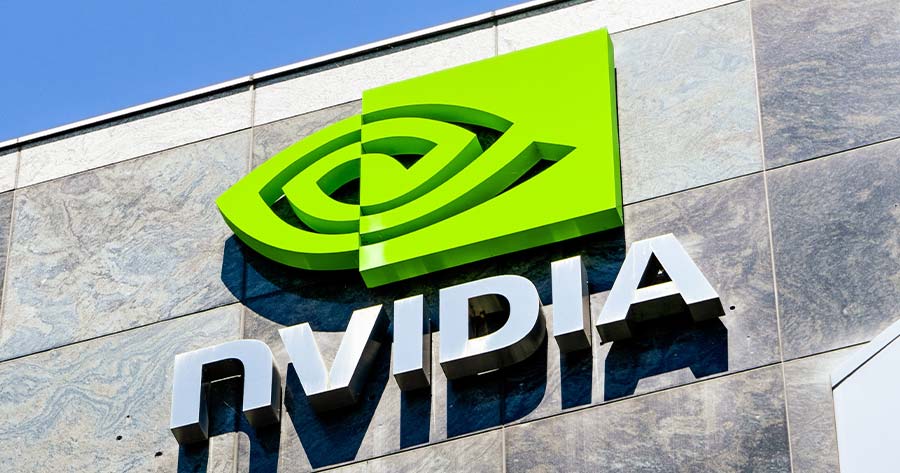Nvidia issued a pointed warning this week against efforts by U.S. policymakers to mandate location tracking or remote disabling features in American-made semiconductors, arguing that such measures would erode global trust and present a goldmine for cybercriminals and adversarial parties.
In a blog post published Tuesday—simultaneously in English and Chinese—the world’s leading AI chipmaker reiterated that its products contain no secret “backdoors” or “kill switches” and urged regulators to abandon proposals that would require such technology.
The post followed closely on a meeting between Nvidia and Beijing officials, who recently summoned executives in response to a U.S. proposal that would obligate chipmakers to integrate advanced tracking and positioning capabilities into chips sold abroad—a move aimed at preventing sanctioned entities from acquiring restricted technology.
Although the White House and congressional leaders have advocated for new standards for chip exports, including location verification features, no formal rules or technical guidelines have yet been adopted.
Nvidia stated that the embedded backdoors or remote kill switches would present an exploitable vulnerability to hackers and hostile entities, causing disruption in global digital infrastructure, and undermining trust in U.S. technology. It also reaffirmed a prior public statement that none of its hardware includes hidden vulnerability points that would allow unauthorized remote access.
Backdoors, which provide covert avenues to bypass typical security barriers, pose a significant threat in the world of high-stakes geopolitics and global supply chains. Nvidia added that backdoor provides no benefit, and is a highly dangerous cybersecurity risk.





